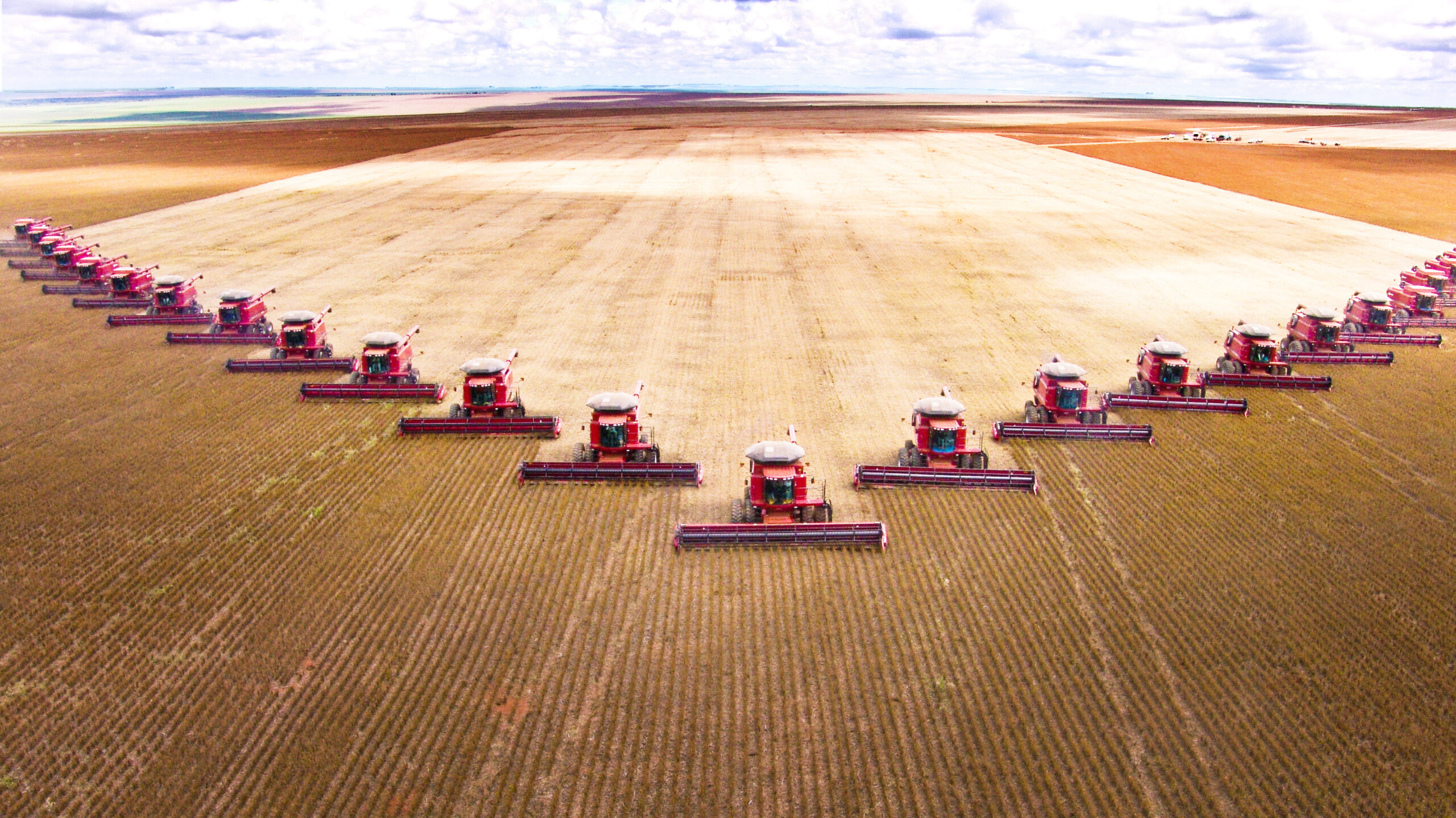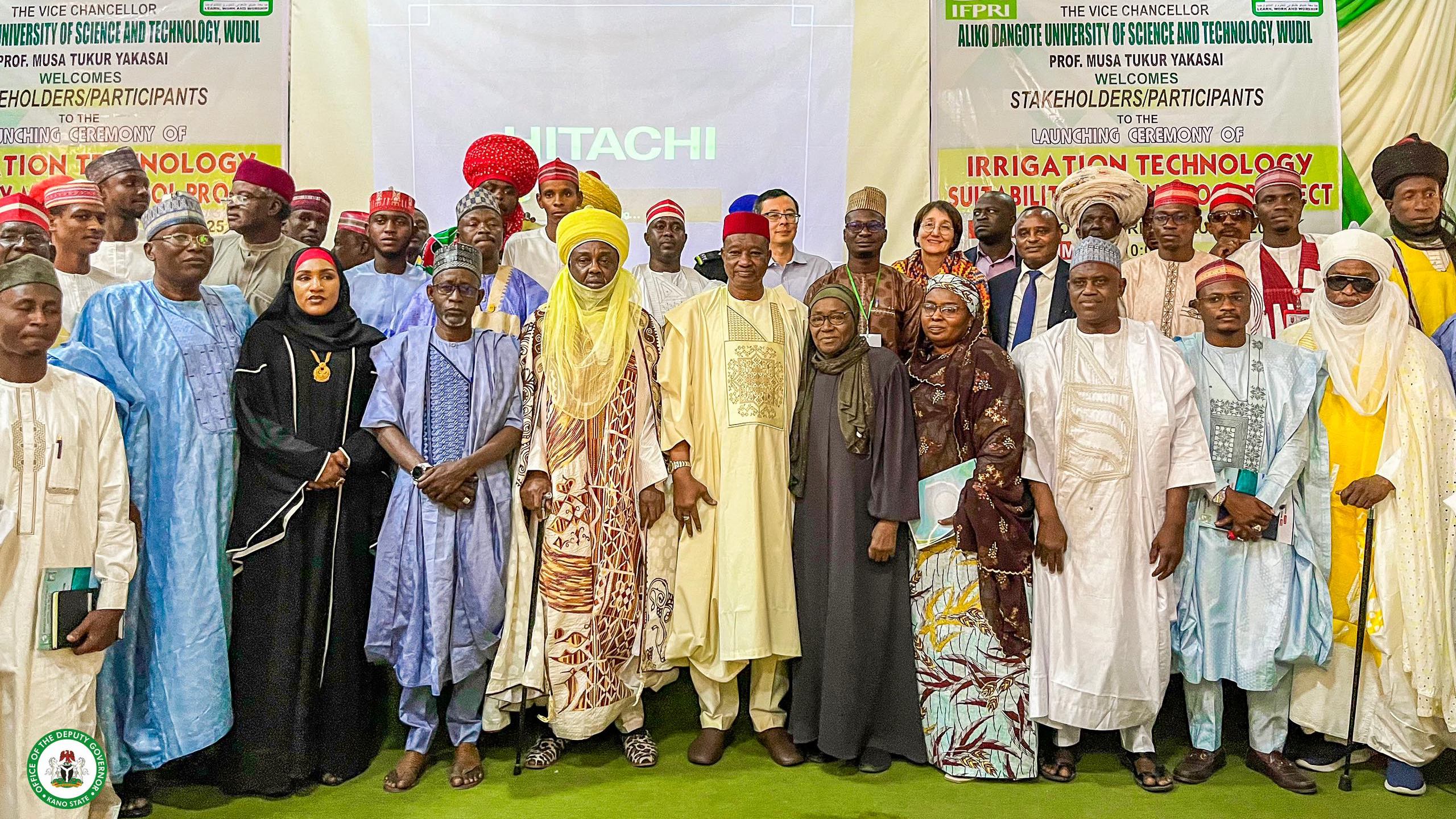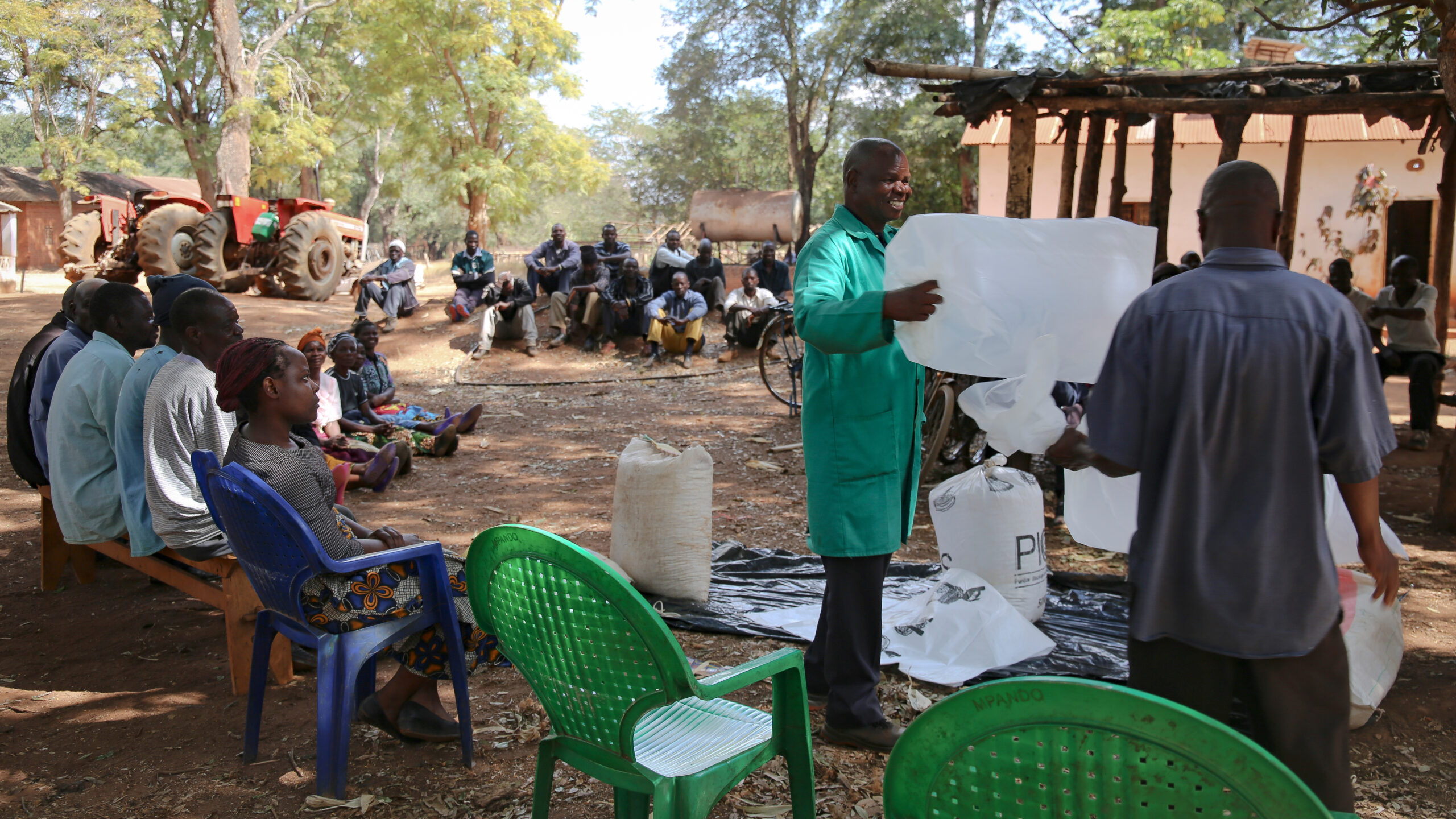Digital financial inclusion is important to achieving the Sustainable Development Goals—supporting reduced poverty and hunger, better health, and greater gender equality, among many others. Digital financial tools, such as mobile money, can be used by anyone with a cell phone. So in refugee-hosting areas, digital financial inclusion can potentially play a role in improving the economic inclusion of refugees.
To promote digital financial inclusion in the Somali region of Ethiopia, the Strengthening Host and Refugee Populations in Ethiopia (SHARPE) has partnered with Shabelle Bank to expand the reach of the HelloCash mobile money service in refugee-hosting areas. We outlined these efforts, supported by IFPRI researchers, in a previous blog post.
While the outreach has been successful in generating new clients for HelloCash, analysis demonstrates that women and refugees are less likely to enroll than host males; hence, an existing research effort is examining ways to increase enrollment among those groups. However, enrollment is not the only issue; another—which we are looking at now—is the degree to which participants actually follow through and use the service, and how to encourage more of them to do so.
In areas served by Shabelle Bank, fewer than half of individuals who signed up for HelloCash between January-June 2022 had made any transactions by the end of June. In addition, women and refugees who sign up are also less likely than host males to actually begin using the service (Figure 1).
Figure 1
Obviously, individuals benefit from financial services only if they can use them. Moreover, service provision is only sustainable if customers use the service (enrollment is free, and service providers earn revenue from transactions). Thus, it is important to understand why so many customers who sign up for HelloCash do not begin using it, and how they might be incentivized to start.
One possible reason is that they simply do not see opportunities to make mobile transactions; however, this is unlikely in Somali region, where opportunities tend to be available. Second, many potential customers may have so little liquidity that they do not have funds to conduct transactions. Providing them a small amount of mobile money funds, without conditions, is one way to test this possibility. Third, customers might find learning the process of conducting transactions intimidating. If so, finding ways to encourage customers to “practice” transactions might help them to overcome this hurdle and begin make transactions on the HelloCash system.
To test the latter two possibilities, we have designed a randomized trial in collaboration with Dadimos Development Consultants, SHARPE, and Shabelle Bank. Specifically, we are testing whether, and if so, how small incentives can be used to promote the use of HelloCash among enrolled customers.
The trial is now being conducted across customers who enrolled in HelloCash between January and June 2022, but had not yet recorded a single transaction as of June 30. These customers have been randomly assigned to three groups. A first group received 25 birr (about $0.50) in their HelloCash wallet at the beginning of September, along with a text message that invites them to use it for whatever they want. A second group received a text message telling them that if they conduct three transactions before the end of the month, they will receive a free gift of 25 birr in their HelloCash wallet in October. A third group will serve as a control and will receive no text message or funds. The number of transactions generated can then be compared across these groups, to understand the impact of the two types of incentives.
We expect a large proportion of the first group to use the 25 birr; an interesting question will then be whether “trying out” a transaction on HelloCash will catalyze further transactions among the group. The second group will have to first test the system themselves a few times in order to receive the bonus, so we expect a smaller proportion of them to use the bonus.
From a research perspective, there are two key questions. First, we are interested in which type of bonus is more effective at catalyzing transactions on average. But we are also interested in which bonus is more effective at catalyzing transactions among women and refugees. To make sure we can answer the latter question, women and refugees are over-represented in the chosen sample.
From Shabelle Bank’s perspective, the interesting question is which type of bonus leads to more transactions, since increased transaction rates mean higher revenues, which can then potentially exceed the cost of the incentives. The first model is relatively costly; however, if it is quite effective at catalyzing transactions, then from the bank’s perspective it might be a preferable model. The latter model might, on the other hand, be more effective at catalyzing higher-use customers at a lower cost.
These questions—and more—can be answered quickly once the trial is over, as we have designed it to fit in with administrative reporting requirements at the end of September. The results will inform both Shabelle Bank’s business strategy and future strategies in similar contexts to include more women and refugees in financial systems.
Alan de Brauw is a Senior Research Fellow with IFPRI’s Markets, Trade and Institutions Division; Shalini Roy is a Senior Research Fellow with IFPRI’s Poverty, Health, and Nutrition Division.
This work is funded by the Centre of Excellence for Development Impact and Learning (CEDIL), which is funded by the UK Foreign, Commonwealth & Development Office (FCDO).






